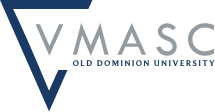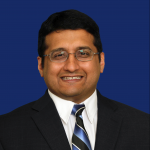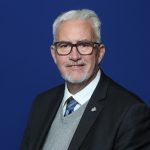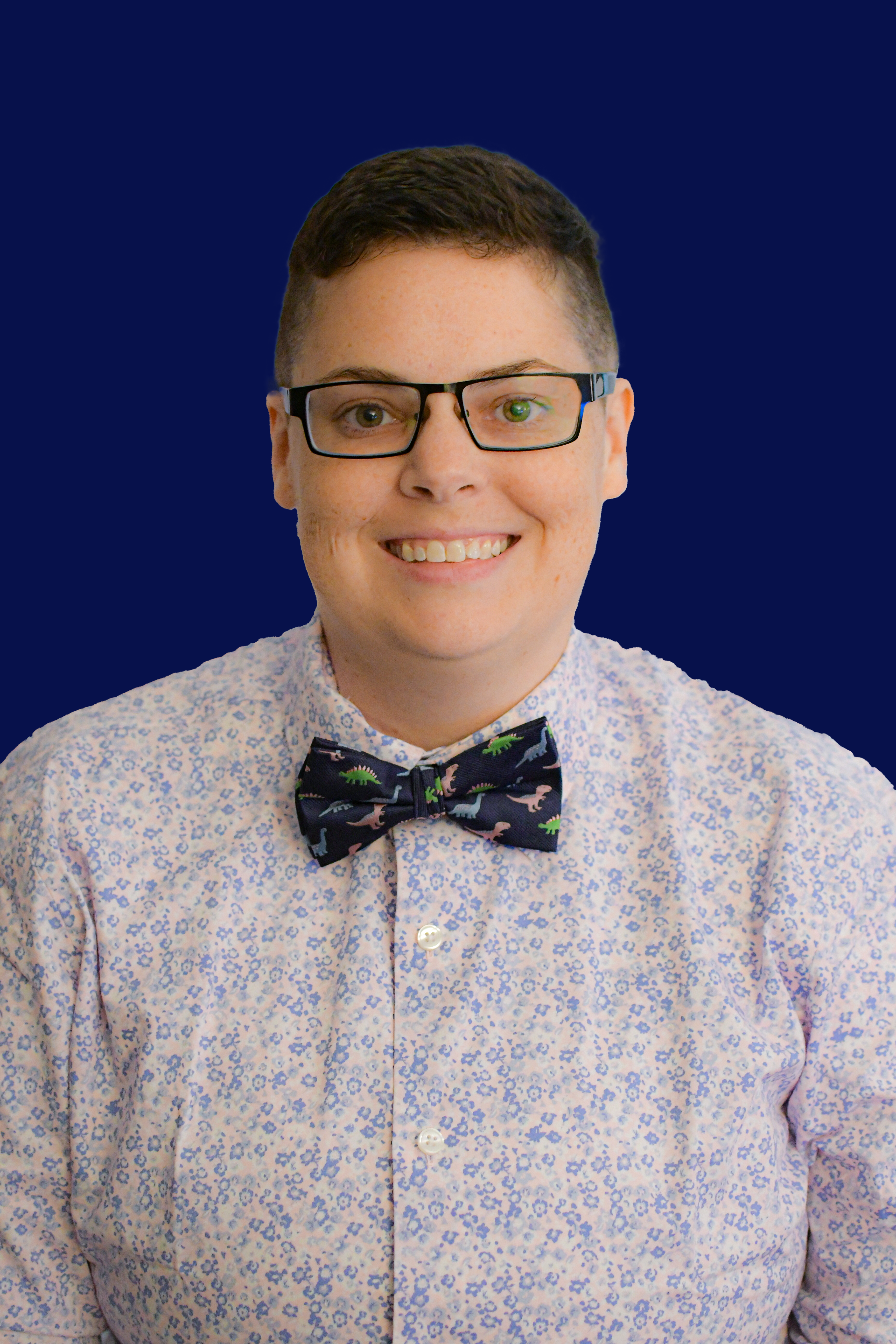
Dr. Katie Smith Women’s History Month
March 10, 2023
VMASC Announces $1.1 Million Project to Provide Skilled Trades Training to the Maritime Industry
May 25, 2023
Dr. Yiannis Papelis
Suffolk, Va. (February 20, 2023) – Researchers at the Virginia Institute of Spaceflight & Autonomy (VISA), a business unit within ODU’s Virginia, Modeling, Analysis, and Simulation Center (VMASC) have been awarded a $2 million-dollar two-year project to develop flexible simulation capabilities for safely testing US Navy maritime autonomy solutions under a wide range of potential scenarios. The US Navy’s Naval Surface Warfare Center at Dahlgren VA (NSWC-Dahlgren) awarded the funding to ODU via the Naval Surface Technology & Innovation Consortium’s (NSTIC) Other Transaction Agreement (OTA).
In recent years, the US Navy has been increasingly depending on unmanned surface vessels to satisfy mission requirements. As new autonomous vessels are developed and fielded for use, it is important to extensively test and evaluate these vessels to ensure not only that they meet mission requirements but also that they do so safely and efficiently. Field testing the on-board artificial intelligence algorithms that facilitate autonomous operations is extremely difficult, costly, and often dangerous.
High fidelity simulation is an attractive alternative to field testing but effective use for testing autonomy requires advanced tools and a host of cutting-edge modeling capabilities such as intelligent maritime traffic, environmental simulations, sensor and communication models, and supporting frameworks. To address this need, the US Navy conceived the Naval Autonomous Systems Test Capability (N-ASTC) project to support the rapid development of simulations for testing autonomous vessels and increase trust in autonomous platforms. ODU researchers have been working closely with the U.S. Navy warfare centers to formulate and refine the requirements for this modeling and simulation capability and were uniquely qualified to support its development.
The project principal investigator is Dr. Yiannis Papelis, VMASC Chief Technology Officer and VISA Senior Research Director for Autonomous Systems. In prior years, Dr. Papelis had been awarded several summer faculty fellowships with NSWC-Dahlgren and contributed significantly to defining the overall N-ASTC concept for testing naval autonomous solutions. This latest research award follows several smaller awards that allowed the ODU team to work with the US Navy in refining the overall project, develop early prototypes and ensure its successful launch. The ODU research team, which includes VMASC project scientists and students, will support the US Navy by developing and/or enhancing several N-ASTC key components, which includes the core simulation framework, development of directable maritime traffic models, and a host of cloud-based graphical tools supporting the authoring of missions, testing scenarios, and data analysis.
“We are bringing unique skills into this project due to our autonomous and maritime experience in Modeling & Simulation,” said Dr. Papelis. “We are excited to have the opportunity to work with US Navy warfare centers to help implement the project, but also assist with formulation of the Navy’s long-term strategy for simulation-based as well as field-based testing of maritime autonomy.”
One of the challenges of effectively testing autonomy within a simulation is the lack of realistic stimulus, in the form of intelligent maritime which can be used to present challenges to the autonomy-under-test. A large part of this project will be developing and integrating high-fidelity maritime traffic models which are smart enough to dynamically adapt their behavior to ensure that challenges are presented consistently and within specification, independent of the behavior of the autonomy-under-test.
“Having been involved with this project from the beginning, our VMASC researchers will continue to advance the needed cutting-edge technologies that the US Navy is looking for,” said Dr. Eric Weisel, ODU Associate Vice President of Research and Executive Director of VMASC.
Lastly, the team plans to develop and integrate graphical tools that will allow Navy end-users to specify and create their own test-driven simulation scenarios, test methodologies, and run simulations in various modes. Ultimately, Navy end-users will be able to test the autonomy of its vessels safely and to build trust in autonomous platforms.
###
About VMASC: The Virginia Modeling, Analysis, and Simulation Center (VMASC) is Virginia’s premier university research center of Old Dominion University focusing on applied research leading to digital transformation. Staffed by over one hundred faculty, scientists, and support staff, VMASC provides modeling and simulation, analytic research, and technological support for partners across various industry, government, and community sectors.
About VISA: The Virginia Institute for Spaceflight and Autonomy (VISA), located on the Eastern Shore, is chartered to grow the entrepreneurial ecosystems for space flight and autonomy. The Institute is the hub to leverage Virginia’s world-class assets in space launch, autonomous systems, modeling and simulation and data science to solve real-world problems. Through industry, academic and governmental agency partnerships, VISA’s vision is to create an environment of research, technology, commercialization, and educational opportunities to grow the spaceflight and autonomous systems industry.
